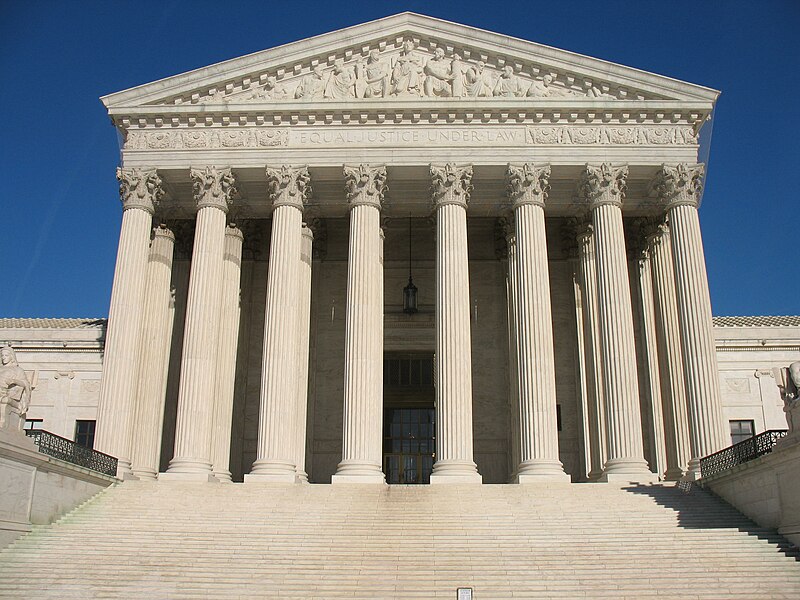
The former president’s comments on January 6, 2021, before the Capitol riot, are likely to be deemed official actions. Shortly after the Supreme Court issued its decision on his claim of
presidential immunity, Donald Trump took to social media to celebrate. “Big win for our constitution and democracy,” he posted on Truth Social. "Proud to be an American!”
Although Trump did not receive the extensive protections he and his lawyers sought, he gained enough to delay another trial until after the November election. The ruling from the six conservative justices significantly undermines the federal criminal case against him on charges of attempting to overturn the 2020 election results.
Special Prosecutor Jack Smith and his team will now need to restructure their case and the evidence they plan to use. The trial was put on hold pending this decision. Friday’s 6-3 ruling ensures that any prosecution resulting from this decision will be delayed well past the November presidential election, as the trial court navigates the Supreme Court’s guidance.
The Supreme Court ruled that Trump has partial immunity from prosecution for official acts as president related to his core constitutional duties. This includes communications with Department of Justice officials about election fraud allegations, effectively nullifying that portion of the indictment. The court also established a presumption of immunity for other official acts, raising the bar for prosecutors.
However, the court clarified that presidents do not have immunity for non-official actions. Chief Justice John Roberts, in his opinion, specifically applied this standard to Trump, potentially weakening the prosecution’s case. Trump’s attempts to pressure Vice President Mike Pence not to certify Joe Biden’s election victory, a key part of Jack Smith’s case, is subject to the higher standard of legal review. Trump’s comments on January 6, alleged to have incited the Capitol attack, are also likely to be deemed official actions.
Chief Justice Roberts also ruled that “testimony or private records of the president or his advisers” are inadmissible in court, limiting the evidence prosecutors can use even for non-official actions. Meanwhile, Trump’s contacts with private citizens will be reviewed by the trial court to determine if they are unofficial actions.
Justice Roberts explained that presidents need broad immunity for official actions to prevent the threat of criminal prosecution from distorting presidential decision-making. “The president is not above the law,” he wrote. “But Congress may not criminalize the president’s conduct in carrying out the responsibilities of the executive branch under the Constitution.”
If Trump and his team celebrated the decision as a victory for American democracy, the three liberal justices on the court saw it differently. “In every use of official power, the president is now a king above the law,” Justice Sonia Sotomayor warned in her dissenting opinion. She listed actions for which presidents could not be prosecuted, such as ordering the assassination of a political rival, taking bribes for pardons, and organizing a coup to stay in power. “Immune," she wrote. "Immune, immune, immune." “With fear for our democracy,” she concluded, “I dissent.”
The Supreme Court has now returned the election interference case to the lower court judge, who will have to apply the details of the decision. These decisions will also be subject to appeal and review, potentially taking months or years. If Trump wins the presidency in November, his appointees to the Justice Department could drop the case entirely. Photo by Mr. Kjetil Ree, Wikimedia commons.






































